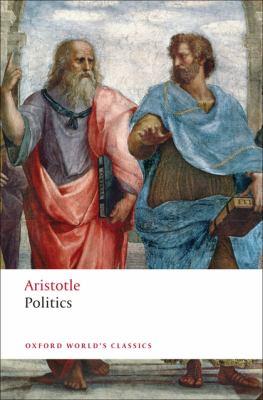
The politics
The Politics is one of the most influential texts in the history of political thought, and it raises issues which still confront anyone who wants to think seriously about the ways in which human societies are organized and governed. The work of one of the world's greatest philosophers, it draws on Aristotle's own great knowledge of the political and constitutional affairs of the Greek cities. By examining the way societies are run - from households to city states - Aristotle establishes how successful constitutions can best be initiated and upheld. For this edition Sir Ernest Barker's fine translation, which has been widely used for nearly half a century, has been extensively revised to meet the needs of the modern reader. The accessible introduction and clear notes by R F Stalley examine the historical and philosophical background of the work and discuss its significance for modern political thought.
Available Copies by Location
| Location | |
|---|---|
| Stamford | Available |
Browse Related Items
| Subject |
| Political science > Early works to 1800. |
- ISBN: 9780199538737
- Physical Description xlvii, 423 pages : maps ; 20 cm.
- Publisher [Place of publication not identified] : [publisher not identified], 2009.
Content descriptions
| General Note: | This edition originally published: 1995. |
| Bibliography, etc. Note: | Includes bibliographical references and index. |



